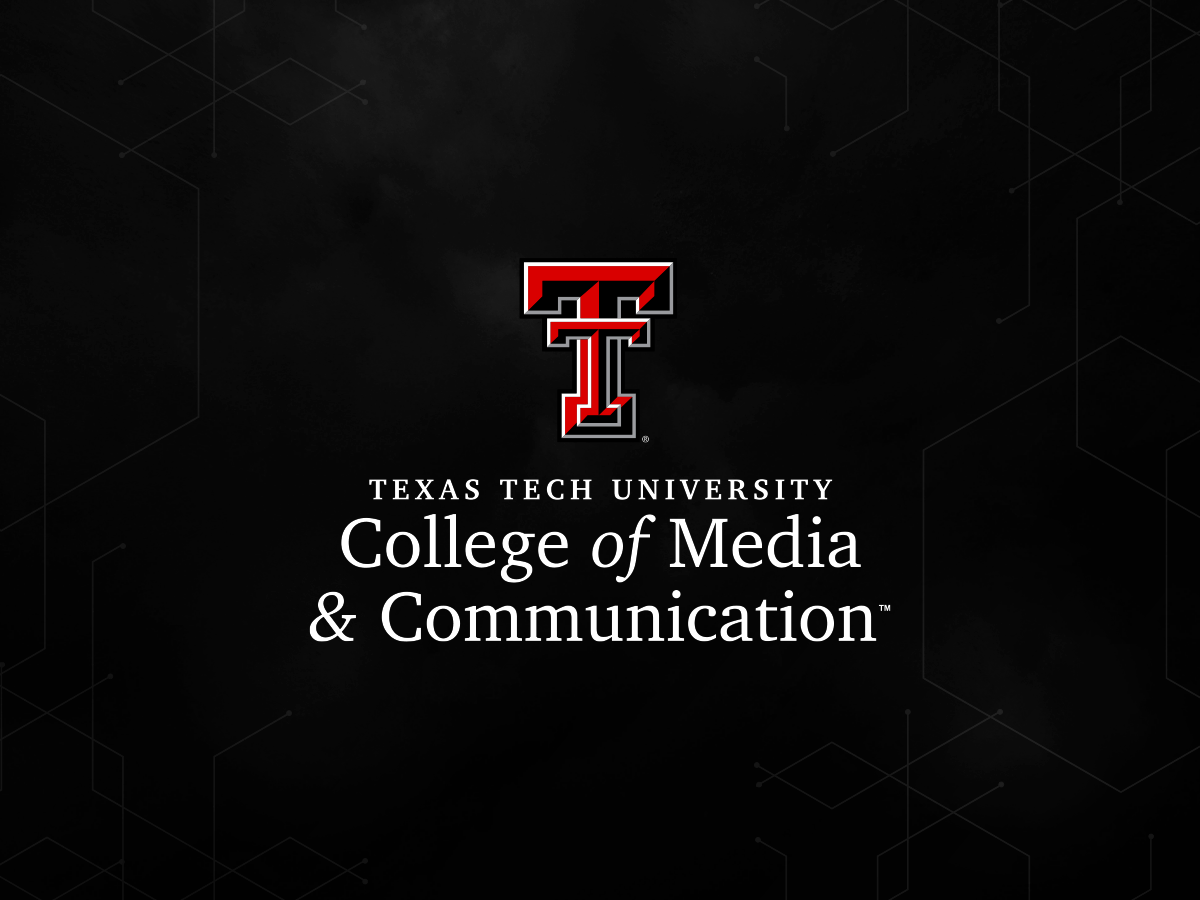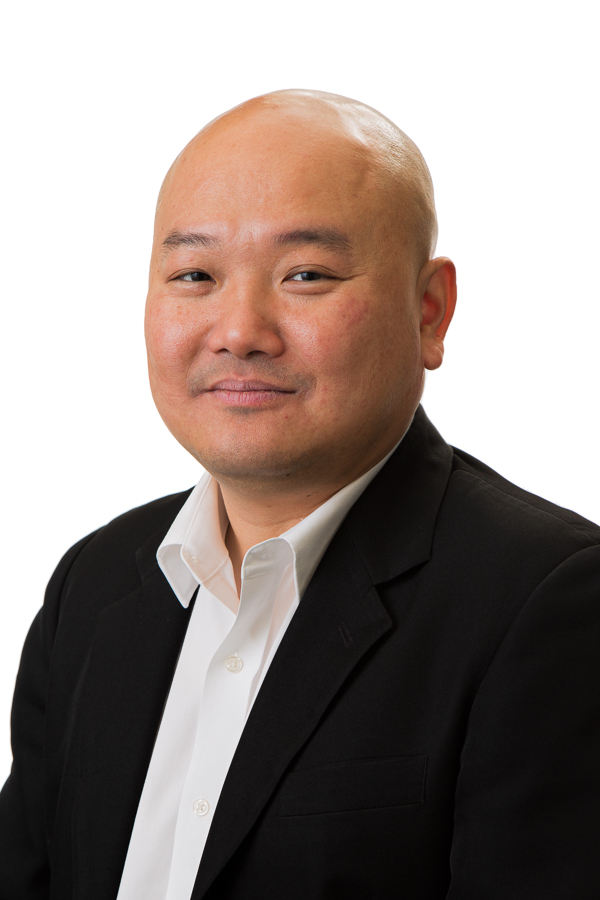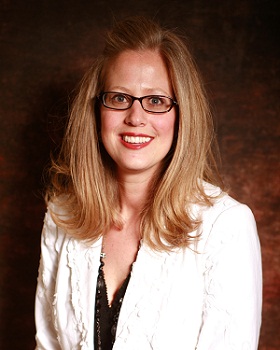
Two professors in the College of Media & Communication recently received grants that represent the wide-ranging necessity for communication research as intellectual development meets new challenges.
Kerk Kee, Ph.D., an associate professor in the Department of Professional Communication, is part of a team that received a National Science Foundation (NSF) grant to construct a chatbot that will help STEM fields get the most out of their data. Meanwhile, Catherine Langford, Ph.D., an associate professor in the Department of Communication Studies, collaborated on a large grant from Blue Cross Blue Shield of Texas that her team will use to examine public perceptions of healthcare and healthcare affordability.

Alongside electrical engineering and computer science colleagues at the University of Missouri, Dr. Kee will venture into the world of math and science as he seeks to help researchers harness big data in more efficient ways using Vidura, a chatbot named after a wise scholar of Indian mythology. Kee, the social scientist on the nearly $500,000 project, will conduct research related to adopting and using new technologies that allow users to more effectively assess scientific data.
Although technologies like Vidura—commonly referred to as science gateways (SG)—already exist for science, technology, engineering and math fields, the rate of adoption remains low and the collective opinion is skeptical. Kee hopes to provide new light with his research.
“Big data requires technical skills, like programming, to fully harness,” said Kee. “Otherwise, hidden insights remain hidden in big data, which does no one any good. However, even with the creation of SG, challenges remain, especially due to a lack of user support. The big picture problem then becomes STEM researchers are not able to maximize the potential of big data for groundbreaking research.”
Kee will assist in the design of the chatbot and determine how he can best attract users to the technology and how to best format the chatbot for them.
“These are social questions,” Kee said. “That's why they are being carried out here at TTU. Imagine it is like doing a Google search. Most of us kind of know what to type into the search bar to find what we are looking for. However, when it comes to SGs, sometimes novice users may not even know where to start. This is where we believe the chatbot can play a critical role.”
Kee's research will take place across three phases, starting with an assessment of users' competence in SGs using CyNeuro, an SG for neuroscience and big data. With the data from Phase I, Kee and his partners will refine Vidura for optimal performance across two more phases of research.
“Vidura may eventually spread across different SGs and across different STEM fields and become big in STEM,” said Kee. “That's what we hope. However, even if Vidura ends up only helping a small group of SG users in STEM, we hope that Vidura makes a difference in their world in some way.”
While Kee focuses on improving communication in STEM, Dr. Langford looks to analyze the communication taking place around healthcare services.
Langford, and a research team comprised of colleagues from the Texas Tech Rawls College of Business and American University's Kogod School of Business, will implement their $1.2 million grant to investigate perceptions of healthcare providers and healthcare affordability in Texas.

“We're looking at affordability in healthcare, and that's kind of a broad umbrella,” said Langford. “I've started surveying public address. How do we talk about affordability in healthcare? Who's talking about it? What do they say? Essentially, I'm tracking what we're saying in public discourse about healthcare and healthcare affordability.”
Langford expects to uncover information that can help clear the fog surrounding the conversations about healthcare.
“As a rhetorical scholar, I don't really have a research question that drives me,” Langford said. “I look at how people communicate and how they're talking about it. I'll have to look over all the data and draw out themes. I want a better understanding of how we're communicating about this subject.”
Langford's research will also take place on the other side of the issue, as she will examine marketing data provided to her by her funders, Blue Cross Blue Shield of Texas. This data will help bolster Langford's understanding of the public's perception of healthcare, while also exemplifying why these perceptions take hold.
“How we frame a debate in the early stages always stays the way in which the debate is framed,” Langford said, “and it's really hard to shift the narrative and how we talk about things after that. As an example, if you say ‘socialized medicine' to someone, they don't like that term, right? But if you actually tell them what that entails, they like the policy.”
Although healthcare is, historically, a heavily politicized and polarizing issue, Langford isn't interested in taking sides. She's interested in results.
“I don't get invested in the issues. I'm just trying to track the arguments being used, and then maybe the justifications [people] give for something. What evidence do they provide?”
Both Dr. Kee's and Dr. Langford's grant-funded projects highlight the need for communication-driven research across all academic and professional fields. For more information about Kee's work, please visit the following Texas Tech Today feature. Langford's collaboration is also featured at Texas Tech Today.
